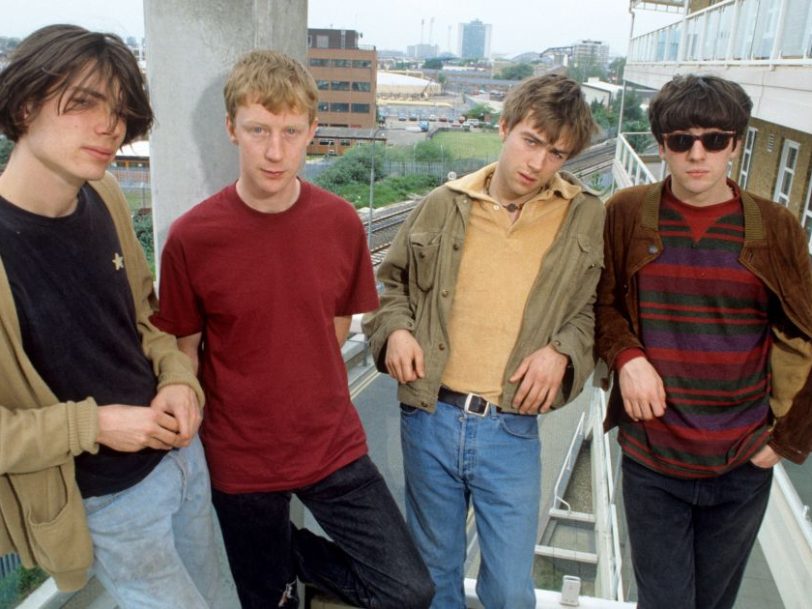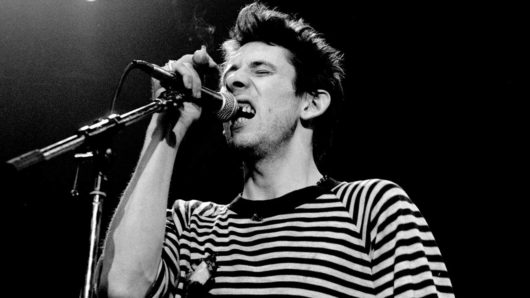From landmark works of the Britpop era to daring excursions into experimental art-rock, the best Blur albums expanded the scope of possibilities for British rock and pop music in the 90s, and they continue to remain touchstones for all bands seeking blueprints for creative freedom.
Listen to the best of Blur here, and check out the best Blur albums, below.
9: ‘The Magic Whip’ (2015)
The reunion shows had taken place as early as 2009, but even with guitarist Graham Coxon back in the fold, Blur weren’t to be rushed over new material. A handful of single releases (Fool’s Day; the double A-side Under The Westway/The Puritan) proved they still had it in them, but a full album only began to come together in May 2013, when the band found themselves with five days’ worth of downtime in Hong Kong. The basic tracks for what would become The Magic Whip were laid down there and then, but it took a further two years for Coxon and longtime Blur producer Stephen Street to finish off the music, with input from bassist Alex James and drummer Dave Rowntree, before presenting the results to frontman Damon Albarn. A solo trip to Hong Kong inspired Albarn’s final lyrics, and the long-awaited comeback delivered a mix of classic Blur bounce (Lonesome Street; Go Out) and moments of ruminative beauty (My Terracotta Heart; Thought I Was A Spaceman) amid tunes which saw Albarn shift his songwriting focus from British society to modern-day Hong Kong (Pyongyang) and the world at large (There Are Too Many Of Us).
Must hear: My Terracotta Heart




